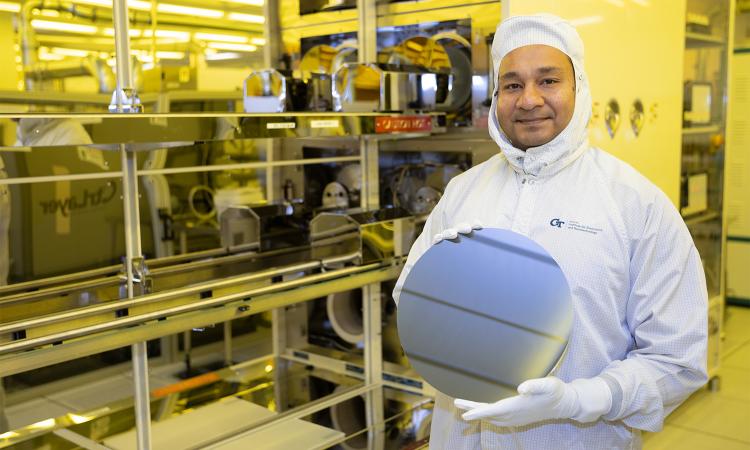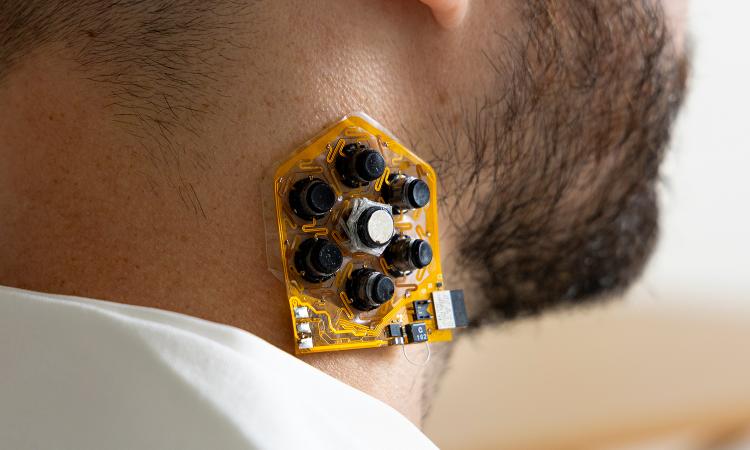(text and background only visible when logged in)
FEATURES: The Future of Computing
Hide Title
hide teaser
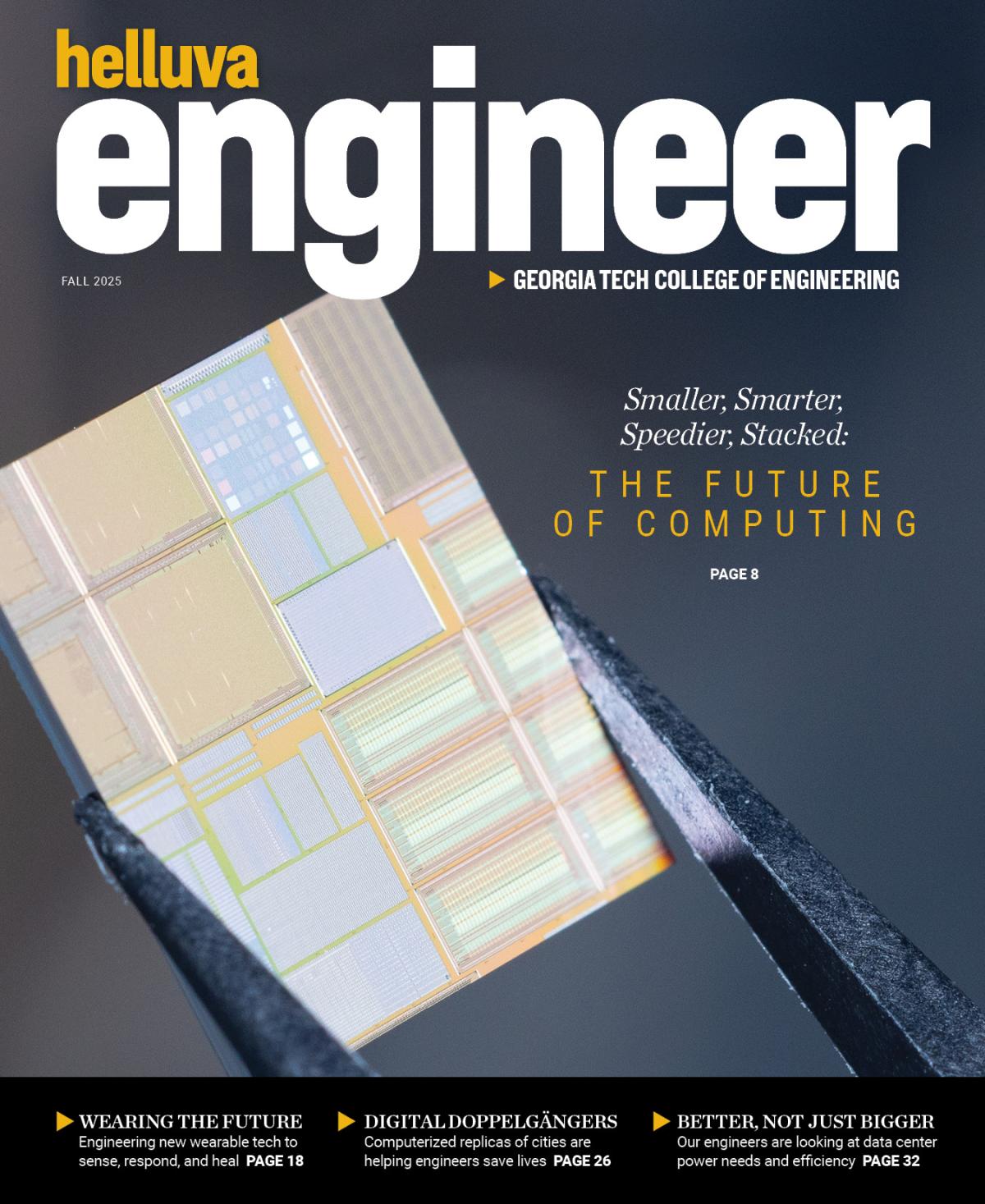
(text and background only visible when logged in)
From the Dean
Dear Friends,
I’m settling into a new role at Georgia Tech as provost and executive vice president for Academic Affairs. So, I especially relish the opportunity to greet you a final time as dean and reflect on what has been an extraordinarily fulfilling five years.
Serving as dean and Southern Company Chair has been an incredible honor — leading my alma mater and the nation’s largest program of its kind.
Together, we’ve accomplished so much since 2021:
- We’re having more impact on the world than ever: Research awards grew from $263 million to a record $312 million.
- We’re serving more learners than ever: Enrollment rose from 18,000 to nearly 22,000 students.
- Demand for a Georgia Tech engineering degree is higher than ever: Applications jumped from 20,600 to 33,000.
Our programs continue to rank among the nation’s best. The undergraduate program is No. 3 overall and tied for No. 1 among public programs, and our graduate program is No. 4, according to U.S. News & World Report. From 2021 – 2025, four individual programs have been ranked No. 1: aerospace, biomedical, environmental, and industrial.
None of this would have been possible without you. The passion and commitment from our alumni, faculty, students, and staff have built a community that is second to none.
Leadership in higher education is challenging; this is a pivotal moment for universities and their role in society. I feel called to step forward, and that’s why I pursued the opportunity to serve as Georgia Tech’s chief academic officer. I am deeply grateful for the chance to make a broader impact on the Institute.
Still, leaving the dean’s position comes with mixed emotions — and this issue is full of examples of why.
In this edition of our magazine, we look at the future of computing. From building digital twins of streets or whole cities, to reducing the burdens of data centers, to designing more powerful and efficient semiconductors, our engineers are redefining how computing technology will shape our lives and our futures.
Although my office has moved from Tech Tower to the building next door, my heart remains in the College of Engineering. Thank you for everything you’re doing to make us the best in the nation.
Go Jackets!
Raheem Beyah
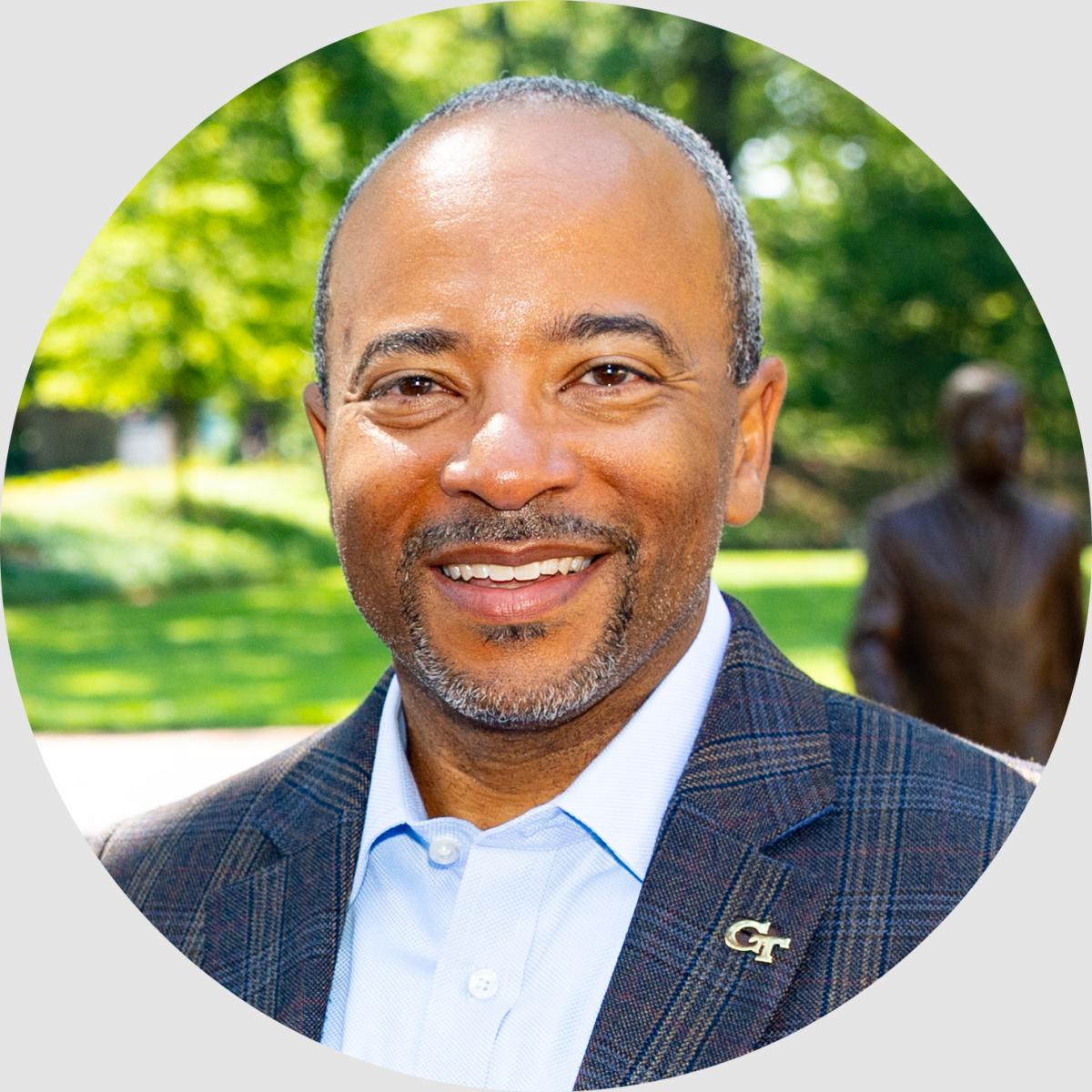
(text and background only visible when logged in)
More Stories
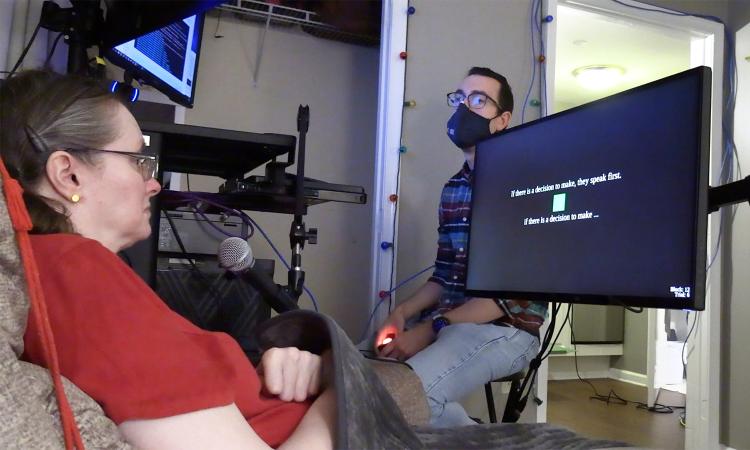
Better Brain-Machine Interfaces Could Allow the Paralyzed to Communicate Again
Biomedical engineer Chethan Pandarinath collaborates with neurosurgeons and scientists across the country in a massive project to help patients with ALS or stroke damage reconnect with the world.
Biomedical engineer Chethan Pandarinath collaborates with neurosurgeons and scientists across the country in a massive project to help patients with ALS or stroke damage reconnect with the world.
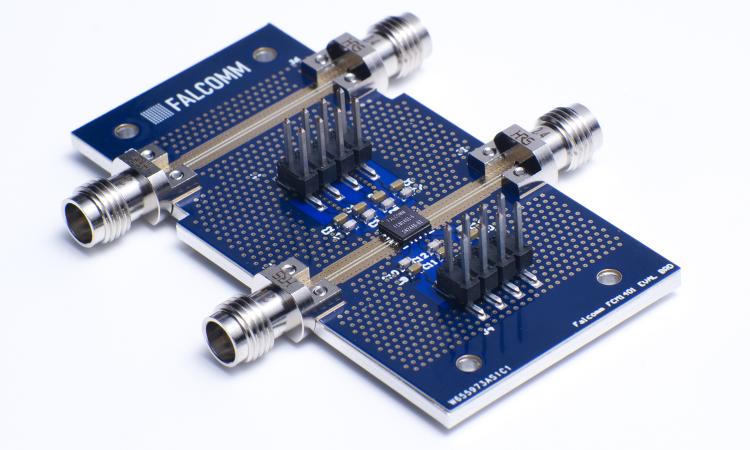
More Power, Less Heat
As an electrical and computer engineering Ph.D. student, Edgar Garay reimagined how chips called power amplifiers could work. His startup company based on that innovation has raised millions in capital to disrupt a $23 billion dollar industry where designs haven’t changed much in decades.
As an electrical and computer engineering Ph.D. student, Edgar Garay reimagined how chips called power amplifiers could work. His startup company based on that innovation has raised millions in capital to disrupt a $23 billion dollar industry where designs haven’t changed much in decades.
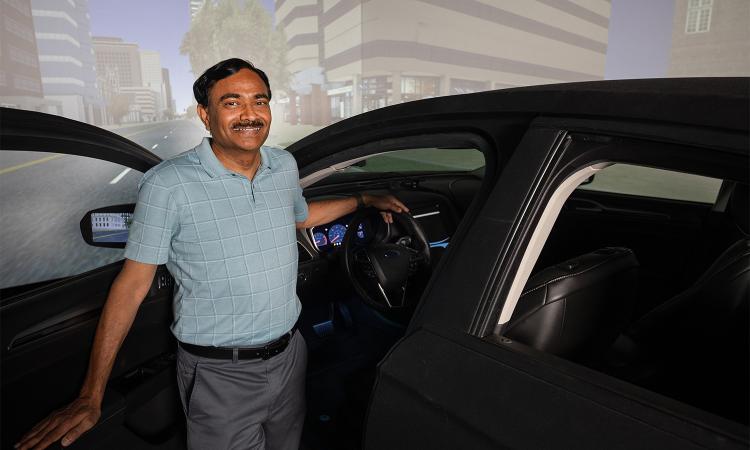
Behind the Wheel and Around Town, We’re Moving Toward a Connected, Autonomous Future
How we get around is changing as new options like autonomous vehicles arrive in earnest. Srinivas Peeta works to unravel what that means for our communities and how we plan for a more connected future.
How we get around is changing as new options like autonomous vehicles arrive in earnest. Srinivas Peeta works to unravel what that means for our communities and how we plan for a more connected future.
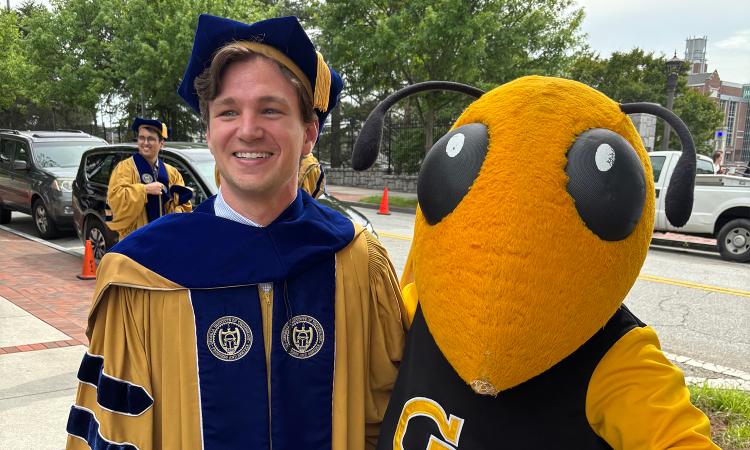
10 Questions with Ryan Pickren
(text and background only visible when logged in)
(text and background only visible when logged in)
